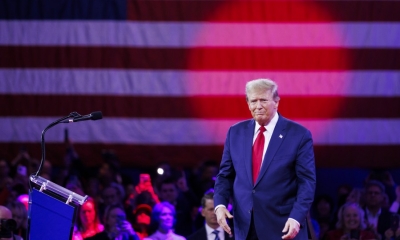Can Biden-Xi Virtual Summit Mark the Beginning of a New Start?
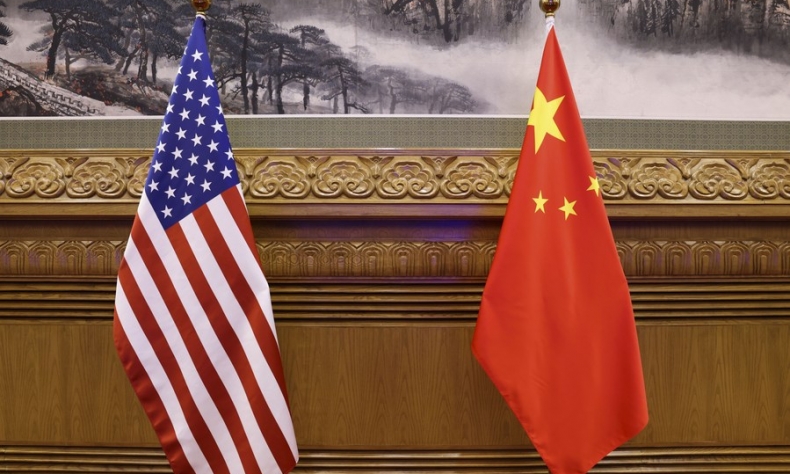
Realistically, trust building will take a very long time and much concrete action given the present morass in relations. But it is wise and prudent to begin such a path and the Xi-Biden virtual summit can certainly be a starting point for renewed effort.
The Biden-Xi virtual summit produced no breakthroughs. The meeting was an exchange of views amidst a severely deteriorated relationship. On the plus side at least, there was frank dialogue at the highest level between the two countries.
Given the abysmal state of bilateral relations it is going to take much time and effort to halt the decline, to repair and stabilize relations. A frank dialogue between the two leaders is a good start but will it lead anywhere?
Both sides, naturally, are expected to follow through with concrete actions to demonstrate sincerity. But there are doubts about whether the US side is prepared for constructive engagement.
Major stumbling blocks are well known, for example. Taiwan, the US trade war, the US tech war, and the US military and diplomatic “rebalancing” forward policy in the Asia-Pacific.
Another dimension of the troubled relationship is the differences in political discourse of the two sides. Do both sides share common definitions or do they have different definitions? The discourse of the Chinese side aligns with the theory and praxis of the ruling Communist Party of China (CPC).
President Xi Jinping is an acknowledged leading authority with deep insights into theory and praxis. The program of the CPC is highly elaborated and has a comprehensive and complex agenda for the modernization of the country. The CPC makes necessary adjustments and the 100-year record is overall one of great success in the face of the most profound adversity and challenges.
On the US side, however, political discourse is almost incoherent. Neither the Democratic Party nor the Republican Party has a systematic and comprehensive vision for the country. The ideologies of both parties approach incoherence. Neither party is unified. There are deep divisions within each party.
The US side claims to want to have peaceful coexistence with China. But Washington’s actions belie this. Is the Trump-Biden trade war conducive to peaceful coexistence? Is the Trump-Biden tech war conducive to peaceful coexistence? Is the Obama-Trump–Biden military and diplomatic rebalancing conducive to peaceful coexistence?
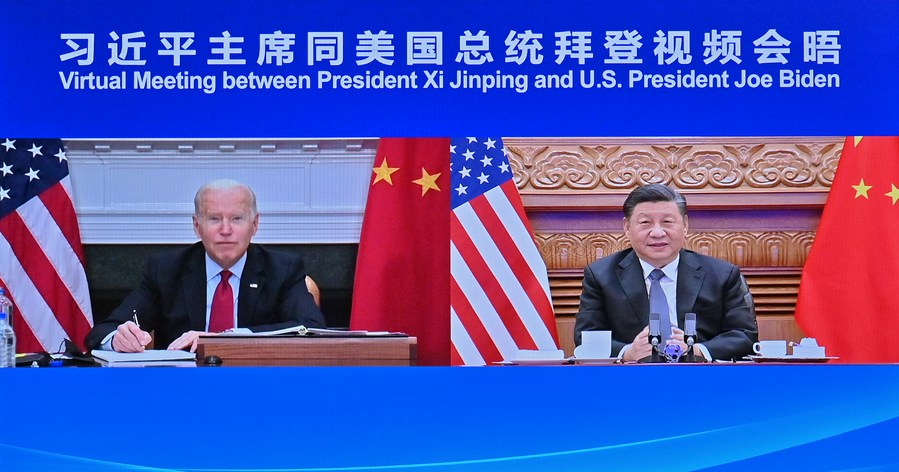
Does the US side interpret the definition of peaceful coexistence to mean the well-known “Five Principles of Peaceful Coexistence”: mutual respect for sovereignty and territorial integrity, mutual non-aggression, non-interference in each other’s internal affairs, equality and mutual benefit, and peaceful coexistence?
Are US positions on Taiwan, Hong Kong, Xinjiang, and Tibet in conformity with the Five Principles of Peaceful Coexistence?
The answer to all these questions is a simple “No”. So, what is the US going to do to show sincerity about peaceful coexistence?
What about the Trump-Biden trade war? While some contacts and talks have begun on this complex issue there are no results so far and Biden has been in office now for almost a year. Not only are American consumers and producers paying the price but the whole world is paying the price. This trade war with its burdensome and counterproductive tariffs not only slows down the US economy but also spills over and slows down the global economy.
The entire world suffers from the ill-advised Trump-Biden tariffs. Beginning in 2018-2019 there were signs of a global slowdown appearing. Then came the Trump tariffs and after that the shock of the Covid global pandemic. On top of this there is now the supply chain crisis. Some economists believe that the world is facing the prospect of a major economic slowdown in the form of deflations and severe recession.
Logically, with this global context in mind, it is imperative that the US and China work effectively to end their trade war. Is Washington willing to engage seriously and sincerely on this urgent task? And is Washington willing to engage seriously and sincerely on ending the Trump-Biden tech war?
The Xi-Biden virtual summit did not answer these pressing questions.
What about the island of Taiwan?
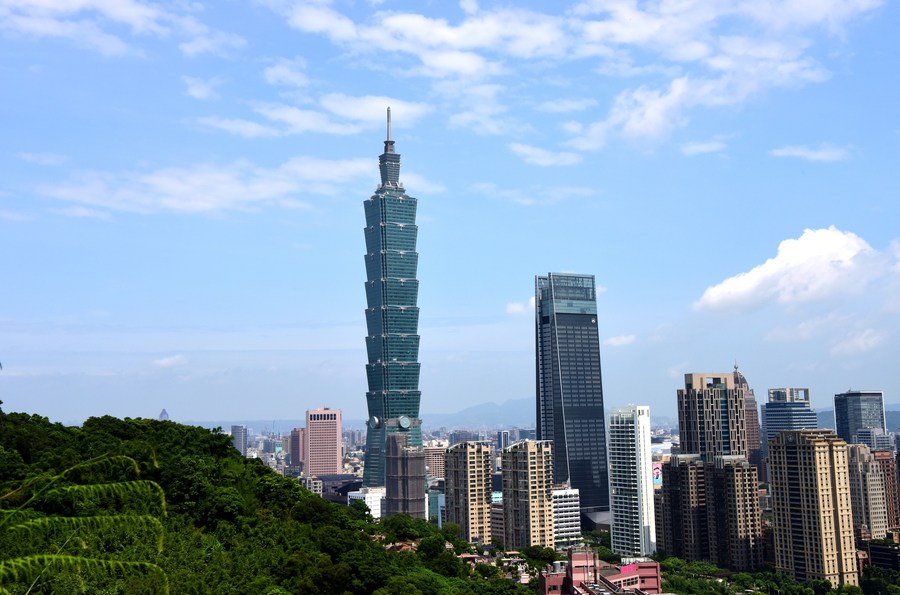
The US accepted the one-China formula in the 1972 Shanghai Communiqué which states in plain English: “…there is but one China and that Taiwan is part of China.” On January 1, 1979, the US President Jimmy Carter switched diplomatic recognition from the Taiwan-based regime to the Beijing-based government of the Peoples Republic of China. Congress passed the Taiwan Relations Act which did not recognize the former regime. Under President Ronald Reagan, the US in its “Six Assurances” stated explicitly in the fifth assurance that it would not recognize Taiwan as an independent country.
Biden and his administration have sent mixed messages about willingness to stick with all the US-China understandings on Taiwan island painstakingly negotiated in the past. On the one hand, the White House has said that it regards Taiwan as part of China. On the other hand, the White House has issued statements that are equivocal on this crucial matter of definitions.
The US has espoused a policy of “ambiguity” about Taiwan island and now there are increasing calls in Washington for a policy of clarity defined as supporting Taiwan secession and independence. Have provocative US military sales stopped? No. In fact some believe they are increasing. Is this not an indicator of US intentions and long-term support for a potential secessionist move?
President Xi in the virtual summit was most specific and stern on the issue of Taiwan island. He reinforced the already well-known official Chinese position that Taiwan island issue is a red line. Crossing the red line could result in firm and decisive action on the part of Beijing. Such action could include a military dimension if needed.
Taiwan island is part of China as the Hawaiian Islands are part of the United States. This plain fact is lost on the hysterical politicians of both parties in the US. Increasingly members of Congress adopt a bellicose posture toward China over the Taiwan island issue. This is a result of the powerful Taiwan lobby in Washington which is historically quite adept at spreading around money and favors to influence assorted Congressmen and Senators.
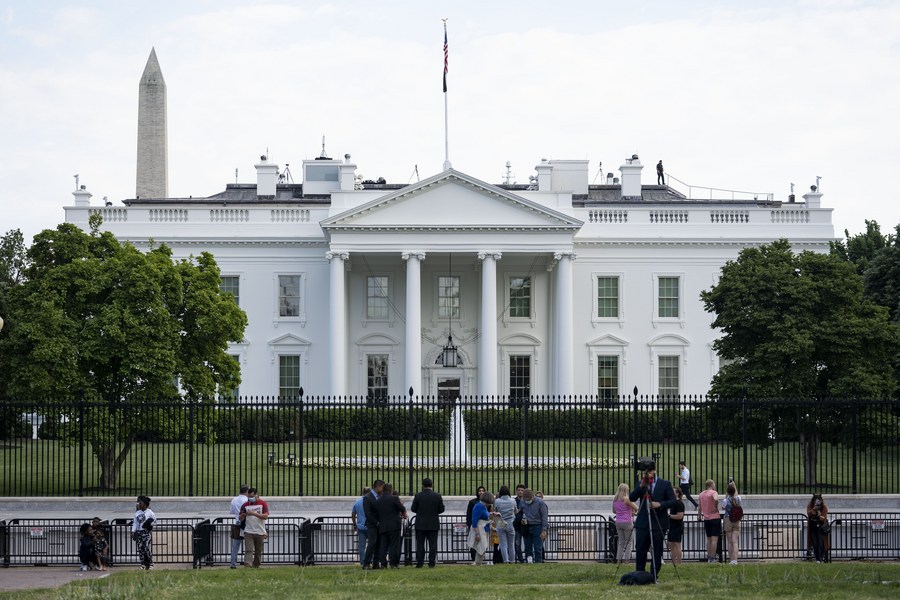
As difficult as present US-China relations are there is always the possibility of change for the better. In diplomacy, almost everything is possible if the sides wish to engage constructively. So clearly what is needed is a commitment by both sides to renewed diplomatic engagement.
There is no reason for pessimism at this time because diplomacy can be reinvigorated with an eye toward cooperation rather than confrontation. Realistically, trust-building will take a very long time and much concrete action given the present morass in relations. But it is wise and prudent to begin such a path and the Xi-Biden virtual summit can certainly be a starting point for renewed effort.
The Chinese side has been very frank and clear on specifics with the Biden administration during its first year in office. President Xi was crystal clear in his statements during the virtual summit. There is no room on the US side to feign ignorance about the Chinese positions which have been publicly stated for the entire world to see.
Can Washington adjust to the changing international situation? International relations through the centuries are dynamic and the balance of power shifts and adjusts. Today, the international system is in transition. Beijing perceives this and has created a foreign policy line to deal with changed circumstances.
Beijing calls for new thinking about international relations and a commitment to a “Community with Shared Future” with the United Nations at its core. On the other hand, Washington adheres to the Cold War zero-sum mentality and sees itself leading “democracies” against “autocracies” in a mode of continued US hegemony.
Can such wide differences be reconciled? Is sincere cooperation possible? Washington must drop its Cold War mentality and pursue an active policy for peace and development. The Xi-Biden virtual summit can mark the beginning of a new start and the beginning of a process to repair the damaged relationship. Time will tell.
The article reflects the author’s opinions, and not necessarily the views of China Focus.
 Facebook
Facebook
 Twitter
Twitter
 Linkedin
Linkedin
 Google +
Google +





